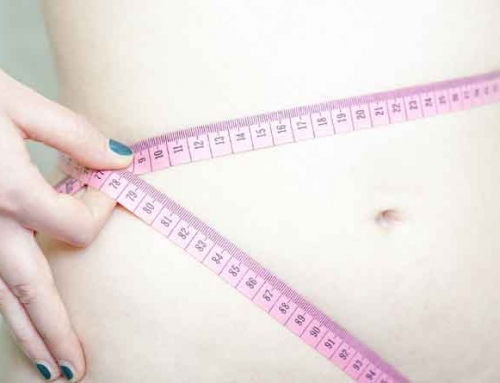Now that the new year is here, you may be thinking that a new baby could be too? What better time to prepare your body for pregnancy than with a post Christmas detox, resolutions galore to get fitter and the thought that by next Christmas there could be another present under the tree…
If a new baby is in your plans, we’ve got some great advice from the experts at the Harley Street Fertility Clinic on how to get yourself into tip top condition for conception.
Focusing on your diet
A positive lifestyle tweak to your baby making plan is improving your diet. There is a lot of good in cutting back on the crisps and unhealthy snacks as Harley Street Fertility Clinic nutritionist Neema Savvides explains;
“Reducing your sugar and salt intake is hugely important as a high level of insulin within the body will affect ovulation and hormone levels. Fat in food is an issue that should also be addressed. Ignore low fat product alternatives as they can actually be more harmful. This is because they reduce the amount of healthy fats absorbed into the body which are required for the production of hormones, leading to an increase in ovulatory infertility. However, replacing them with full fat foods and drinks can lead to an increase in weight gain, interfere with ovulation and potentially lead to a lower quality hormone being produced. So it is important to eat in moderation and find the right balance.”
Eating lots of fresh organic foods such leafy vegetables and fruits will help you to absorb some of the antioxidants and nutrients that are beneficial when trying to conceive. It will also reduce the amount of pesticides being ingested into the system which have been shown to have a negative impact of fertility. Zinc, selenium and vitamins B, C and E should also be worked into the diet.
| Nutrient | Benefits | Amount | Food source |
| Zinc | Improves the maturity and health of eggs | 30 mg to 50 mg daily | Turkey, chicken breasts and nuts |
| Selenium | Important for the process of cell division and essential for sperm formation and testosterone production | 200 mcg daily | Brazil nuts, fish, eggs and mushrooms |
| Vitamin B12 | Increase sperm count and mobility | 1000 mg daily | Yoghurt, eggs, fresh salmon and beef |
| Vitamin C | Improve viability of sperm and neutralise the effects of toxins | 1000 mg daily | Kiwis, oranges, cabbage and asparagus |
| Vitamin E | Improve mobility of sperm and increase overall egg health | 200 mg daily | Almonds, avocadoes and tomatoes |
Take regular exercise
Let’s face it the advantages to regular exercise are endless! Great reasons to dust off your trainers include; reduced stress levels, regulated hormonal activity, increased strength and a better night’s sleep. Exercise also plays a fundamental role in maintaining a healthy body weight which is essential for conception. Neema Savvides continues;
“A low or high BMI will prove to be a barrier when trying to conceive. There are certain conditions which will cause obesity and lower fertility levels such as Polycystic Ovary Syndrome. It’s important to address your size as reducing this by just 10% will have huge affect on your chances of becoming pregnant, as well as helping to improve the effectiveness of fertility treatments.”
Cut back on smoking
An ever popular vice to give up for the New Year is to stop smoking. There’s a lot of logic to this because smoking in addition to being culprit to many other health problems, can also increase a woman’s chances of miscarriage and lower a man’s sperm quality. The chemicals that cigarettes contain (more than 7000) spread throughout your body and internal organs, hindering the ovulation process, damaging eggs and reducing sperm motility.
Limit your alcohol intake
When you’re trying to get pregnant it’s best to really limit your alcohol intake – it has also been shown to affect a man’s sperm count. Even in small amounts, alcohol may harm an unborn baby so it’s particularly important to restrain from alcohol in pregnancy. If you choose to drink alcohol at all during this time, limit the amount to no more than two units of alcohol, once or twice a week.
Have regular intercourse
More than eight in 10 couples will become pregnant within the first year of trying for a baby, if they have sexual intercourse two to three times a week without using contraception. Some people believe that timing sex to be close to ovulation is the best strategy for getting pregnant, but having regular sex every two to three days prevents the pressure and stress that can occur if you try to time it with ovulation. Stress on either partner is known to affect the chances of conceiving.
If you and your partner have been trying for a baby for a year without success, you should visit your GP.
Take a folic acid supplement
You will be advised to take 400 micrograms (400µg) daily of folic acid from the time you stop contraception until week 12 of a successful pregnancy. Folic acid helps to prevent your baby developing serious problems of the brain and nerves such as spina bifida.
So if you’re on the road to parenthood, these simple steps are a great way of getting a head start on the journey. Of course, you don’t have to be trying to conceive to make these changes – you’ll feel the benefit of most of these changes even if you aren’t trying for a baby!








Leave A Comment
You must be logged in to post a comment.